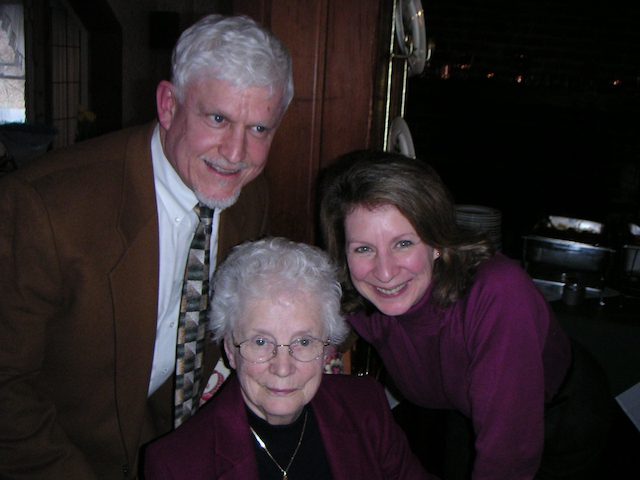
At church yesterday—in the visiting time after morning rehearsal and before the service began—for some reason, I caught myself thinking about relationships and Beth Kephart’s Wife, Daughter, Self: A Memoir in Essays.
The book sections into apostrophes—husband’s wife, father’s daughter— and a longer section: self. Even without an apostrophe, Kephart often views herself through her relationships: mother’s daughter, son’s mother, teacher, and friend in addition to wife and father’s daughter. The beauty and freshness of her language, a mesh of poetry and prose, resonated with my own life experiences and those that others have shared with me.
I’m writing essays for my own hybrid memoir at present. Tentatively, I’ve sectioned the essays into Faith, Family, and Mission. But yesterday morning, it occurred to me that Kephart’s topics and mine, though different, are really about relationships.
Wife
Kephart married a man from Salvador, an artist, by times a collaborator. Her words of wisdom about her marital relationship: “There is an art to being present.”
During the wage-earning years, the present focuses on mission and family. Time “being present” often needs to be handled efficiently. “My husband has a five-minute rule,” Kephart writes. “Five minutes (preferably less) to make your case, crack your joke, romanticize your past, summaries your latest conversation… There is only so much time in this life, he says, insufficient hours to spare. The gist will do. The gist is enough. Identify the gist, palm on some polish.” This resonates even in retirement: when speaking, I can be a short-story-told-long kind of gal. Ask Keith—or maybe not.
In writing memoir, I’m in Kephart’s school of thought. “You will use the present tense to resurrect yourself, but you will barely reckon… writing freezes what was in time, and time cannot be frozen, and what is here on this page will be left on this page, and you will keep on moving.” Children grow up. Some marry and have children. Many become the parents to their parents.
Daughter
Not long after Kephart’s mother died, she helped her father move to a smaller place. Then to independent living then to two rooms in a care facility. My mother’s life followed a similar pattern. As with my mother in her later years, much of Kephart’s relationship with her father lingered in the sometimes-vivid past.
She quotes Olivia Laing from To the River: “Why does [the past] return with such a force sometimes that the real place in which one stands or sits or lies, the place in which one’s corporeal body most undeniably exists, dissolves as if it were nothing more than a mirage? The past cannot be grasped; it is not possible to return in time, to regather what was lost or carelessly shrugged off, so why these sudden ambushes, these flourishes of memory?”
With her husband’s help, Kephart takes her father on outings, including a balloon festival. Together, they create new topics of conversation and new memories, as Keith and I did here with my mother years ago. But unlike Kephart, I am a daughter no more.
Self
Back at church yesterday, I chatted with a man who is marking the second anniversary of his wife’s death this month. He and his daughter sing together in church sometimes, but he often comes alone. “This is my community,” he said. Here he is in relationship with others who share his experiences and faith.
Kephart doesn’t mention a faith life in her memoir. But as with all of us, not all her relationships are easy, particularly with her mother. “I am the middle child too long, too unnecessarily uncertain of a mother’s love,” she wrote. “I am rushing to help, and as I help, I am useful and not beautiful, interested, not interesting, necessarily absent except for all the ways I hope to help.”
As my brother in Christ mourns his wife—and I mourn my mother—I think about being present. About how we know ourselves when standing on a firm foundation in relationship with God. About how we are called to help one another.



Carole, I enjoyed the richness of this post. Life is filled with transition, sometimes when we are not ready for it . Other times, we are prepared for the coming changes. Blessings to you and Keith.
Thank you, Richard. So true about “ready or not” life transitions. How we need the Lord’s peace!